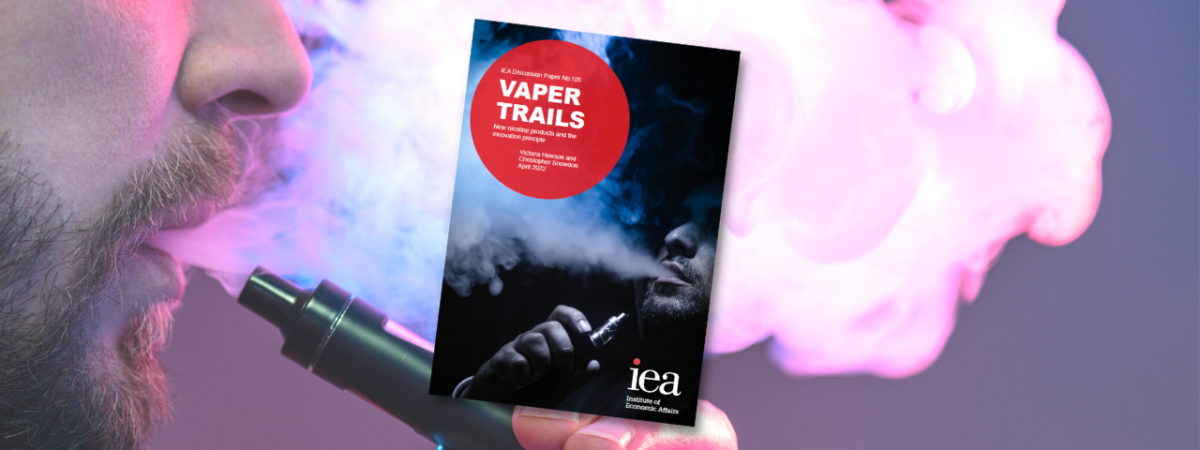The Hangover: The cost of minimum alcohol pricing in Scotland
SUGGESTED



- Minimum unit pricing (MUP) sets a floor price on a unit of alcohol to prevent the sale of ‘cheap’ drinks, with the aim of reducing alcoholrelated harm. MUP was introduced in Scotland on 1 May 2018 at 50p per unit. This study estimates the financial cost to consumers in the four years since implementation.
- Using sales data from the Public Health Scotland evaluation, we compare off-trade alcohol sales in Scotland post-implementation with a counterfactual based on sales figures from England and Wales.
- In 2019, we estimate that off-trade sales in Scotland were four per cent lower than they would have been in the absence of MUP. This finding is similar to other published estimates. Compared to the counterfactual and excluding sales from discount retailers, 9.7 million fewer litres of pure alcohol were sold below 50p/unit, but an extra 8.2 million litres were sold at 50–64p/unit and a further 0.4 million litres were sold above 70p. The net additional cost of MUP to consumers was £93.6 million.
- Covid-19 restrictions severely disrupted the on-trade in 2020. Per capita alcohol consumption fell across the UK but sales from the offtrade increased. In Scotland, excluding sales from discount retailers, consumers bought 9.9 million fewer units below 50p than they would have done in the absence of MUP, but 8.3 million units were displaced to the 50–84p price range. In total, including sales from discount retailers, we estimate that the net additional cost of MUP in 2020 was £41.4 million.
- Extrapolated over the four years of implementation, we estimate that MUP has cost Scottish consumers £270 million. This amounts to £59.39 per adult or £71.12 per drinker. This is significantly more than was projected in models prior to implementation.
- There is little evidence of health and social benefits to offset this cost. Most indicators related to alcohol-related health, crime and employment have remained similar or worsened since MUP was implemented, although many of the projected benefits were so small it would be difficult to identify them in aggregate data.
Fullscreen Mode





